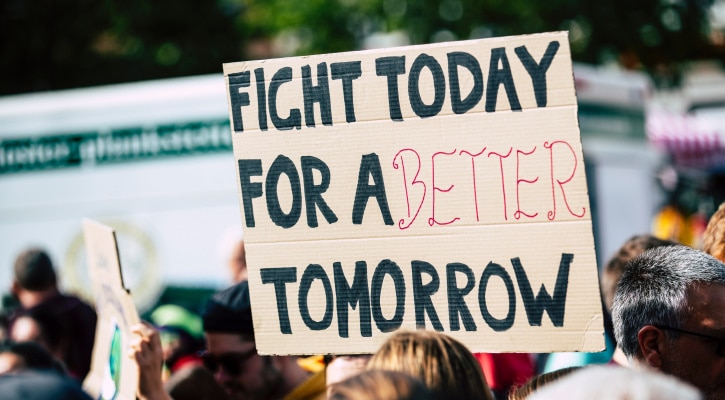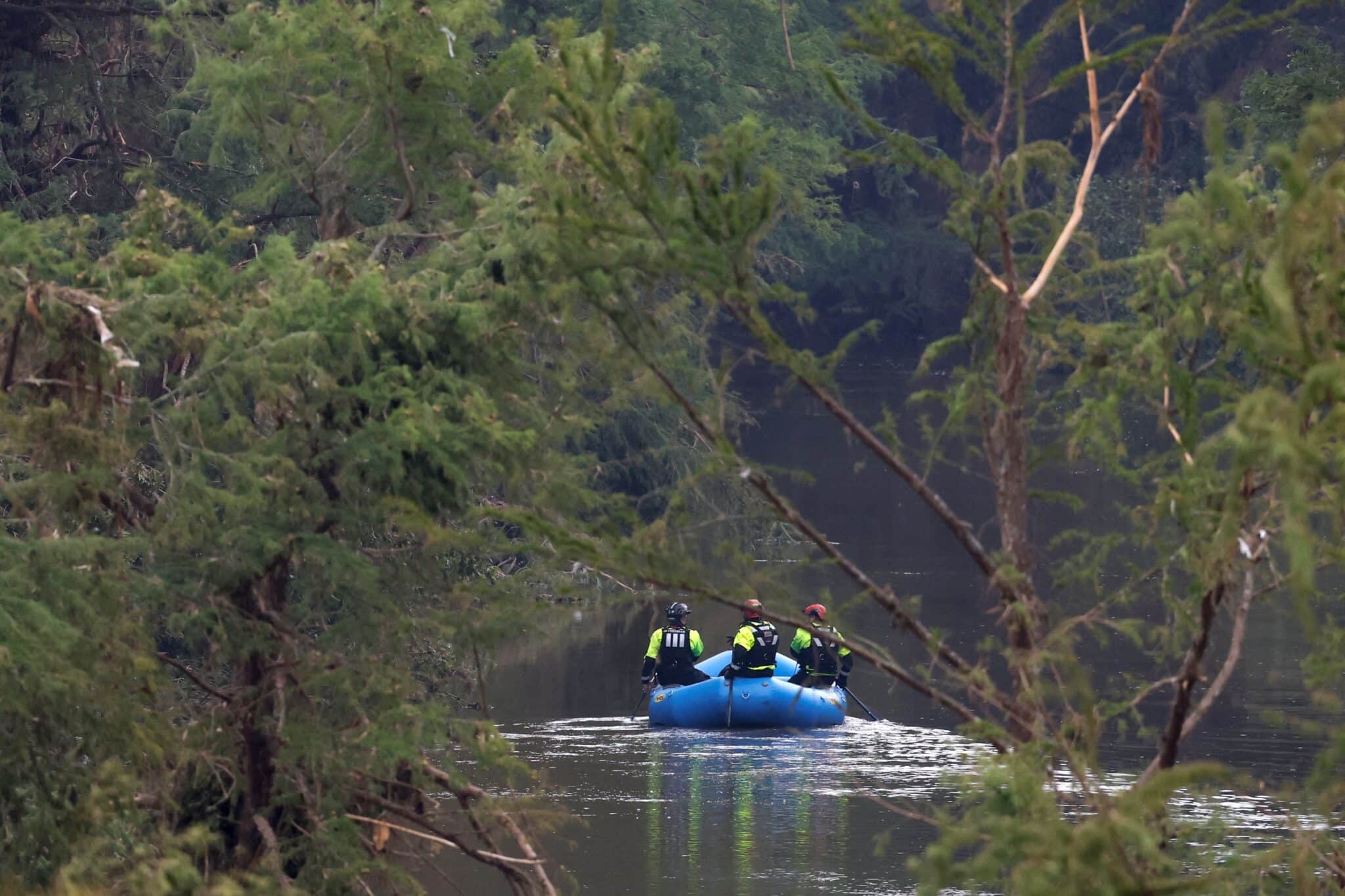Before you disregard this as some environmental claptrap, let me confess something upfront: Until recently, my carbon footprint was roughly the size of Maryland.
The carbon footprint is the amount of carbon dioxide emitted from the consumption of fossil fuels by an individual, group, or corporation. And trust me: My carbon footprint was huge. It never dawned on me to combine trips. I was only moderately devoted to recycling. And you could gift wrap the George Washington Bridge with the number of plastic bags I tore through in a month.
Then, a few years ago, I watched a startling documentary called No Impact Man about Colin Beavan, a writer in New York City who, with his then-wife and child, lived for a year making only a minimal impact on the environment. The Beavans lived with no public transportation or electricity, ate only locally grown food, and composted in their tiny living room. Washing their clothes involved rainwater and homemade detergent. For 12 months their televisions, laptops, iPads, and smartphones went untouched.
Could I make such a drastic lifestyle change? Not on your life. But the family’s experiment shed a light on how I lived and forced me to face my growing carbon footprint.
Fast Facts
If you think the crisis is overblown, think again. According to the Environmental Protection Agency (EPA), in 2018, Americans produced about 292 million tons of waste, or 4.3 pounds of waste per person per day. More bad news from the EPA:
- Each year 15.3 billion trees are cut down around the world.
- Americans throw away 25 billion Styrofoam cups yearly. In 500 years, the cup you used this morning will still be in a landfill.
- The average American produces 1,642 pounds of garbage annually.
Alarming? Sure, but only if you believe this to be an unfixable problem. It isn’t.
Start Small
So what’s the answer? Should we all rush out and buy hybrid cars? That’s not cost-efficient for everybody. Bike to work? Distance sometimes forbids it. What we can do is reevaluate our lifestyles, making smaller changes that could offset bigger problems.
Here are some relatively pain-free changes:
Rethink clean. Household cleaners often contain chemicals that are harmful to the environment and our health. So make your own! In a Mason jar, combine vinegar with orange or lemon peels; seal it for 10 days. It’s effective and environmentally safe.
Shop smart. Buy reusable grocery bags. Some 400 billion plastic bags are used in the United States every year, and only 2 percent of them are recycled.
Disconnect. Unplug appliances that are not in use.
Hydrate differently. Using a water filter affixed to your faucet instead of buying bottled water reduces container waste.
See the light. Replacing your usual lightbulb with a fluorescent one can save 150 pounds of carbon dioxide a year.
Chill out. Wash clothes in cold water as often as possible. About 85 percent of the energy used for washing clothes goes to heating the water.
Be an easy rider. Save gas and lower fuel emissions by carpooling to work with colleagues.
Stay local. Buying your food locally revitalizes the community while reducing long-distance transportation.
The key is this: think smaller. We don’t have to join Greenpeace to save our planet. Sometimes surveying our lifestyles and making simple changes can do a world of good and do good for the world.
Forward Thinking
The environment has friends in high places. Pope Francis—never shy about his concerns for this issue—wrote an entire encyclical in defense of the planet. In “Laudato Si’” he writes, “I would like to offer Christians a few suggestions for an ecological spirituality grounded in the convictions of our faith, since the teachings of the Gospel have direct consequences for our way of thinking, feeling and living. More than in ideas or concepts as such, I am interested in how such a spirituality can motivate us to a more passionate concern for the protection of our world.”
In that statement he makes no mention of the political discord this issue has caused, simply because it isn’t a political issue. It’s about leaving the world a better place than we found it. It’s a human issue.
We need only look to our nation’s past for ways to save our future. The Iroquois Confederacy addressed the importance of sustainable living in the 11th or 12th century when they wrote the following in their “Great Law of Peace”: “We must consider the impact of our decisions on the next seven generations.”
Our children’s children demand it.








